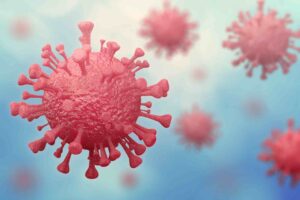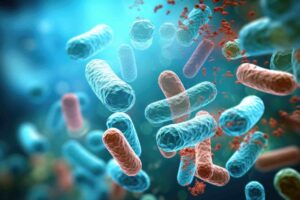Gastroenterology
Gastroenterology, Events
Shahram Lavasani, Founder & CEO at ImmuneBiotech AB, discusses the recent data about gut microbiota and Pre-eclampsia.
Gastroenterology, Nutrition
Although a causative relationship between obesity and gut microbes remains unclear, microbiota-based treatments may help to combat obesity.
Gastroenterology, Pediatrics
The findings of a recent study shed light on the microbiota of the main nutrition types that preterm infants receive and may inform future studies on the influence of different…
Gastroenterology, Events
Giovanni Barbara, congress chair, explain why it is important to be part of IBS Days 2024.
Gastroenterology
A recent study indicates that the abfA cluster might be used as therapeutic target for constipation in humans.
Gastroenterology
The findings of a recent study may inform new approaches to treat Crohn’s disease by targeting disease-causing microbes in the gut.
Gastroenterology, Immunology
The findings of a recent study suggest that mycobiota changes during a SARS-CoV-2 infection could contribute to inflammation associated with severe COVID.
Gastroenterology, Scientific research
Focusing on restoring microbial cross-feeding interactions emerges as a promising mechanism-informed strategy to reconstruct a healthy gut ecosystem.
Gastroenterology, Scientific research
The findings of a recent study indicate that antibodies to gut microbes could help identify who may benefit from teplizumab.
Gastroenterology, Scientific research
The findings of a recent study suggest that the conversion of dietary fiber or lactate to SCFAs influences comorbidity risk associated with HIV.











